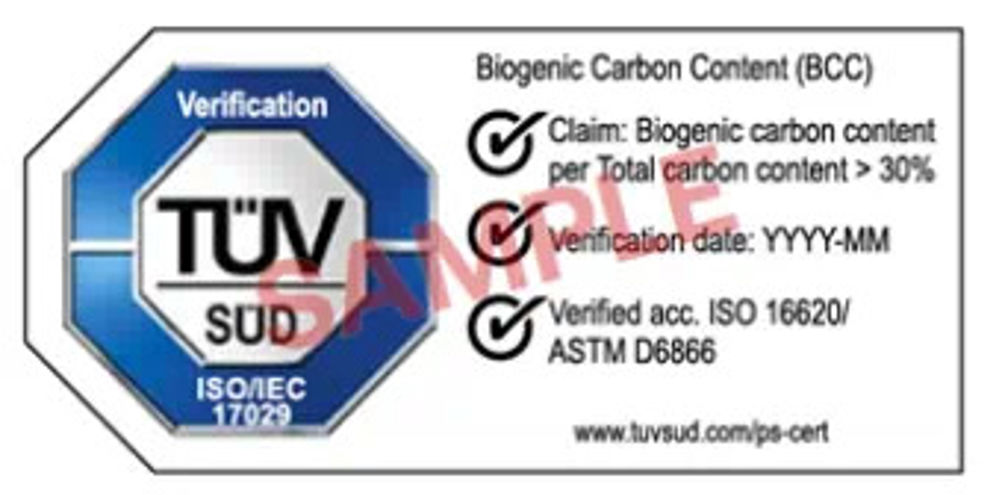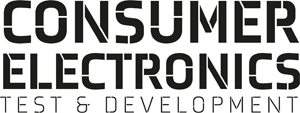Biogenic carbon is stored in organic materials such as plants, trees, and soil. Because biogenic carbon is renewable, it is a key element in a carbon-neutral economy. Products with high levels of biogenic carbon help to reduce consumption of fossil fuels and accelerate the transition to a greener future.
“As demand for bio-based plastics and organically based materials increases, there is a growing need for determining biogenic carbon levels and verifying claims in this area,” explains Ralph Elbert, laboratory manager at TÜV SÜD. “Our services provide precise results, but also strengthen consumers’ trust in sustainable products.”
TÜV SÜD uses advanced C14 analysis to measure products’ biogenic carbon content. The method, also known as radiocarbon testing, is based on international standards including ISO 16620 and ASTM D6866. As part of successful ISO/IEC 17029 verification, companies are permitted to use the TÜV SÜD mark as confirmation of the credibility and quality of the BCC information they provide.
In addition, BCC verification can be combined with other environmental certification—such as biomethane certification under CMS standards 90 and 92—to cater flexibly to the specific requirements of various industry sectors. This is particularly relevant for companies for which compliance with regulations such as the German Fuel Emissions Trading Act (BEHG) or international standards is mandatory.
The services provided by TÜV SÜD cover a range of different industries and products including electronic goods and toys, plastic components, housings and casings, and printed circuit boards.
The TÜV SÜD mark for biogenic carbon content provides important evidence of sustainable product characteristics for customers and regulatory bodies. It confirms the biogenic carbon content of a product as a percentage of total carbon content, and supports companies in fulfilling the requirements of the EU Emissions Trading System (EU ETS) and other reporting requirements. In addition, TÜV SÜD provides companies with comprehensive support with their emissions reporting and carbon footprint assessment. This underpins manufacturers’ market position and builds consumer confidence in sustainable products.
The TÜV SÜD laboratory in Frankfurt, Germany is a center of competence for biogenic carbon testing and verification in Europe.


